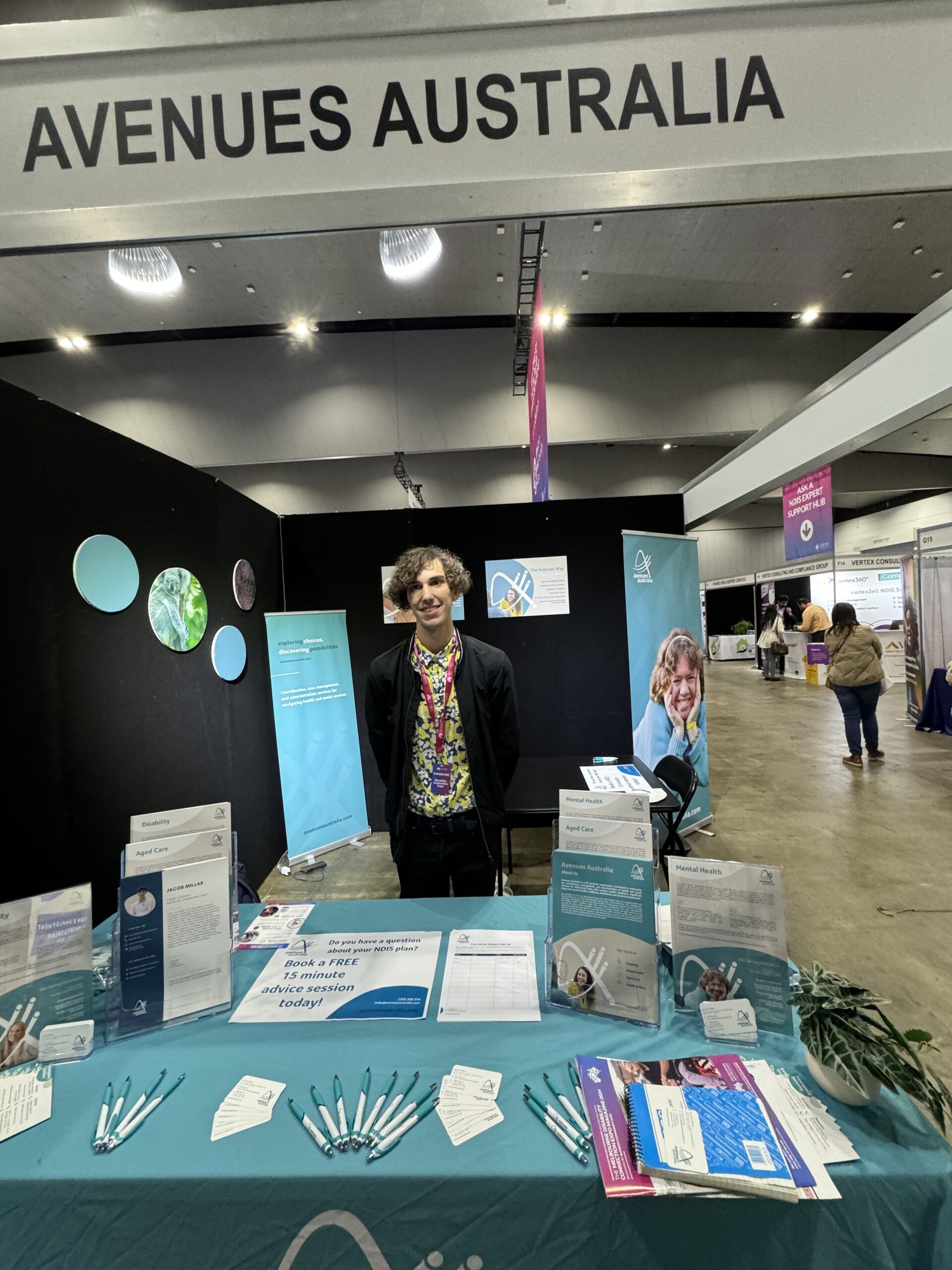The National Disability Insurance Scheme (NDIS), introduced to provide essential support to Australians living with disabilities, has faced increasing challenges, not only in delivering services but in dealing with rampant fraud.
As much as one-fifth of the scheme’s annual disability funding, amounting to an estimated $8 billion, has been siphoned off by organised crime groups, according to a warning issued by Michael Phelan, the former chief of the Australian Criminal Intelligence Commission in 2022.
This staggering figure highlights the scale of the problem and the urgent need for reform.
Fraudulent activities within the NDIS have seen criminals exploit vulnerable participants to fund personal luxuries, including drugs, holidays, and cars. These abuses have prompted a government-led crackdown on fraud, but they have also cast a shadow on legitimate service providers who work tirelessly to deliver essential care.
Jacob Millar, Team Leader of Service Coordination at Avenues Australia, pointed out the detrimental effects of these criminal activities during an interview at the Melbourne Disability Connection Expo 2024 on Saturday.
“There are a lot of dodgy providers just aiming to make money, and it’s really put a stigma around the whole system,” Millar said.
“It’s given a bad name to the ones of us who are genuinely here to make the world a better place.”

NDIS: A Lifeline with Gaps in the System
Despite the growing fraud challenges, the NDIS remains a lifeline for millions of Australians, offering them access to much-needed psychosocial and support services.
For people like Millar, who has lived experience with Bipolar II disorder, the scheme represents a critical advancement in disability support that was not available during his youth.
Diagnosed at 15, Millar, now 26, spent years navigating a fragmented mental health system, and his experiences drive his passion for his work today.
“When I was younger, NDIS wasn’t available to us. Watching my mum struggle to put services in place for me was frustrating,” Millar explained.
“The scheme today helps bridge the gaps in access to support services, but there are still significant areas of concern.”
One of those concerns is the persistent under-utilisation of participants’ funds. In the 2015–2016 financial year, only 76% of participants’ NDIS funds were used, leading to worries that many individuals might not be receiving the full scope of support they require.
While access to services has improved, issues of timely service delivery, such as delays in providing essential equipment, continue to plague the system.
Former Paralympian Jan Pike, for instance, waited five months for a wheelchair, while other participants have reported difficulties accessing critical home modifications.

Fraud and Its Impact on Legitimate Providers
The scale of NDIS fraud has placed added pressure on reputable providers like Avenues Australia, as growing concerns over mismanagement and criminal exploitation have tainted much of the sector’s reputation.
These issues have led to the closure of some specialist services, making it harder for legitimate providers to deliver care.
“We’ve seen a lot of cowboy providers who are just aiming to make money. That’s really put a stigma around the whole system in general,” Millar said.
The fraudulent schemes within the NDIS have had widespread consequences, including delays in service delivery and increasing distrust among participants.
For example, Kirsten Harley, a terminally ill NDIS participant, was denied access to communication devices because her condition was expected to deteriorate.
These instances highlight how the system is failing some of its most vulnerable participants, often due to administrative inefficiencies and, in some cases, fraudulent providers exploiting the system’s weaknesses.
On 3 October 2024, new laws aimed at combating fraud within the National Disability Insurance Scheme (NDIS) came into effect, following the passage of the NDIS Amendment Bill on 22 August 2024.
These reforms, outlined in updated NDIS Rules, aim to clarify how funding can be used and ensure that participants receive the support they are entitled to.
A key change is the new definition of NDIS supports, which specifies what funding can and cannot cover, providing clearer guidelines to prevent misuse of funds.
Participants can only spend their NDIS funds on approved items, and there is also a rule allowing for specific substitutions in certain cases.
In addition to the tightened rules on funding usage, other changes have been implemented to improve transparency and accountability. New and revised NDIS plans will now include clear details about total budget amounts, funding components, and funding periods.
To further safeguard participants, the National Disability Insurance Agency (NDIA) will have the ability to adjust a participant’s plan management type if they need assistance managing their funds. These measures aim to restore trust in the system, prevent fraud, and enhance the overall experience for participants.
Restoring Trust in the NDIS: The Role of Providers
Legitimate service providers like Avenues Australia play a pivotal role in restoring trust in the NDIS. These organisations, staffed by individuals with lived experience like Millar, serve as a vital resource for Australians navigating the often complex and overwhelming disability support system.
“Having someone who has lived through the system is essential,” Millar noted. “We know how to advocate for people’s needs because we’ve been through it ourselves. And in a system as large and complex as the NDIS, having that guidance can make all the difference.”
Millar also emphasised the importance of addressing Australia’s overly clinical approach to mental health, advocating for more acceptance of individual experiences rather than an over-reliance on medical solutions.
“We need to promote acceptance rather than trying to ‘fix’ people’s mental health. Everyone has their own journey,” he said.
A Path Forward Amid Challenges
While the NDIS has undoubtedly transformed the lives of many, the increasing prevalence of fraud within the system threatens to undermine its core mission.
To address these issues, the government has ramped up investigations and implemented stricter regulations, but much more needs to be done to ensure that legitimate providers are not overshadowed by criminal elements.
As Millar and Avenues Australia continue their work, their commitment to empathy, lived experience, and genuine care serves as a beacon of hope for the future of the NDIS.
But as long as fraudulent providers continue to operate, the challenges facing the scheme will persist, making it ever more important to support and promote organisations that are truly dedicated to making a difference in the lives of Australians with disabilities.
The integrity of the NDIS rests on its ability to not only root out fraud but also to ensure that those who need help the most can access it without fear or delay.
Providers like Avenues Australia are crucial to achieving this goal, and their role in combating the systemic issues plaguing the scheme cannot be overstated.

